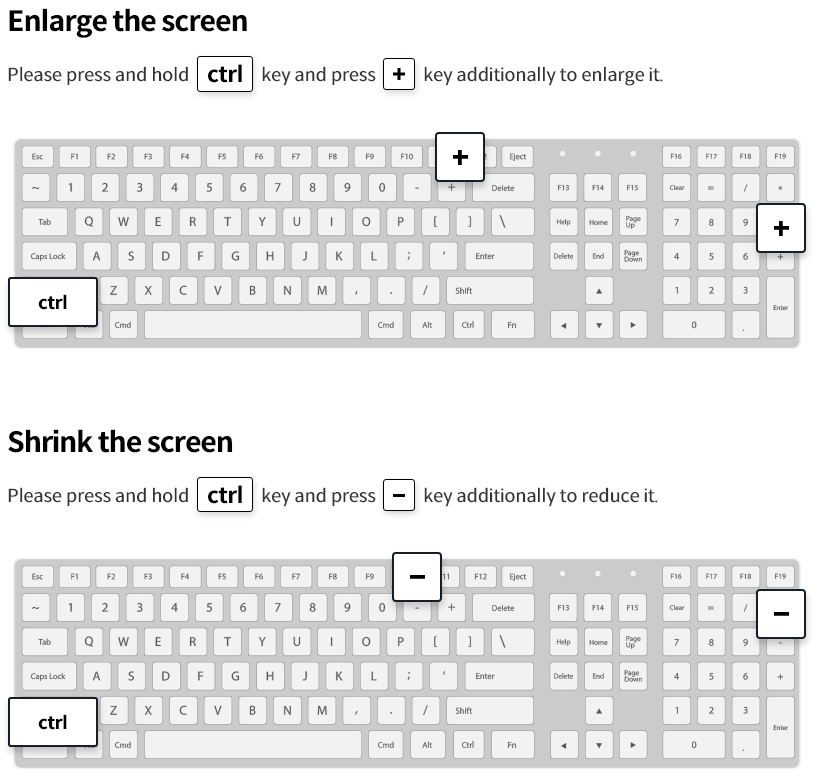Dr. Mildner remarked that the diverse spectrum of financing tools allows KfW to customize its assistance according to the nature of the project and the income level of the recipient country.
KfW has committed EUR 4.2 billion of development finance in 2011, of which EUR 2.8 billion will be provided in the form of loans*.
* Of the total loan, 5.1% was in concessional loans, 60% in less-concessional loans, and 34.9% in commercial loans (as of 2011).
Senior Investment Officer Emilie Huang of AFD explained that the French agency also utilizes a combination of government funds and funds raised on its own to provide diverse forms of development finance including concessional loans, semi-commercial loans, and equity investments.
She added that the recipients include not just central governments of developing countries but also local governments, state-owned companies, and private-sector projects.
AFD has committed EUR 4.6 billion of development finance in 2011, of which EUR 2.5 billion was raised from the market and EUR 20 million borrowed from the government.
Dr. Song Dai-chang of the ADB* explained how the ADB is promoting private investment in developing countries through project guarantees which serve to mitigate project risk.
* The ADB has provided 46 project guarantees worth USD 5.6 billion from 1988 to 2012.
Dr. Song added that ADB is also providing Blended Financing, a catalyst of Public Private Partnerships (PPP), in the form of concessional loans to PPP projects.
Panelists* from academia and government-funded research institutes noted the shift of emphasis in international development debates toward fundamentally eradicating poverty through economic growth and the growing need for diverse sources of funding for infrastructure projects.
* Dr. Choi Song-su (Senior Advisor, KRIHS), Prof. Jung Hyeok (Professor, KDI School), Prof. Lee Seung-joo (Professor, Chung-Ang University), Prof. Hamm Mee-ja (Professor, Kyung-Hee University) and Mr. T.P Minh (Deputy Director General, Vietnam Development Bank)
Mr. Minh from Vietnam corroborated the importance of development finance as a means for developing countries to meet diverse development needs, mentioning that development finance from the ADB and KfW has been immensely helpful in terms of effectiveness.
Some panelists forecasted that development finance would also open larger doors for Korean companies to enter infrastructure markets* in developing countries.
* The World Bank estimates annual demand for infrastructure in developing countries to be around USD 900 billion.
Based on the ideas and suggestions raised at the seminar, the Korean government plans to develop measures to boost EDCF’s development finance capabilities through consultation with relevant government ministries.


